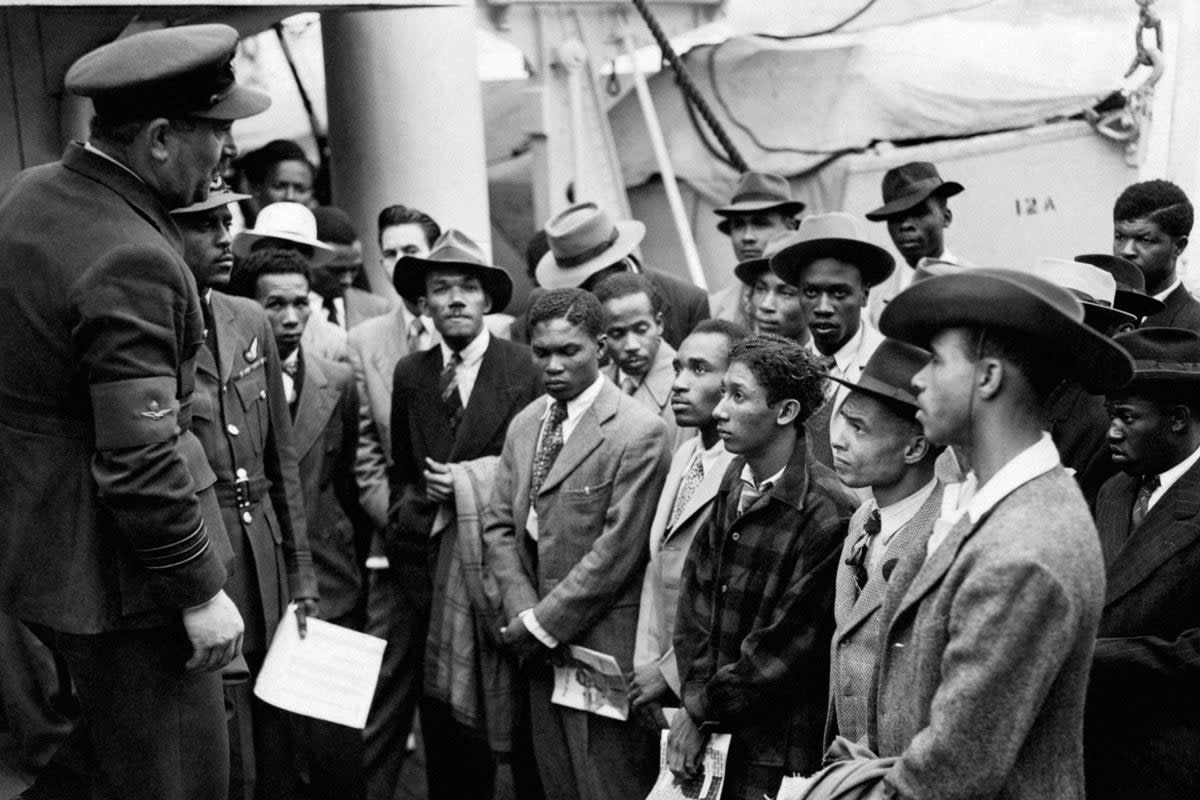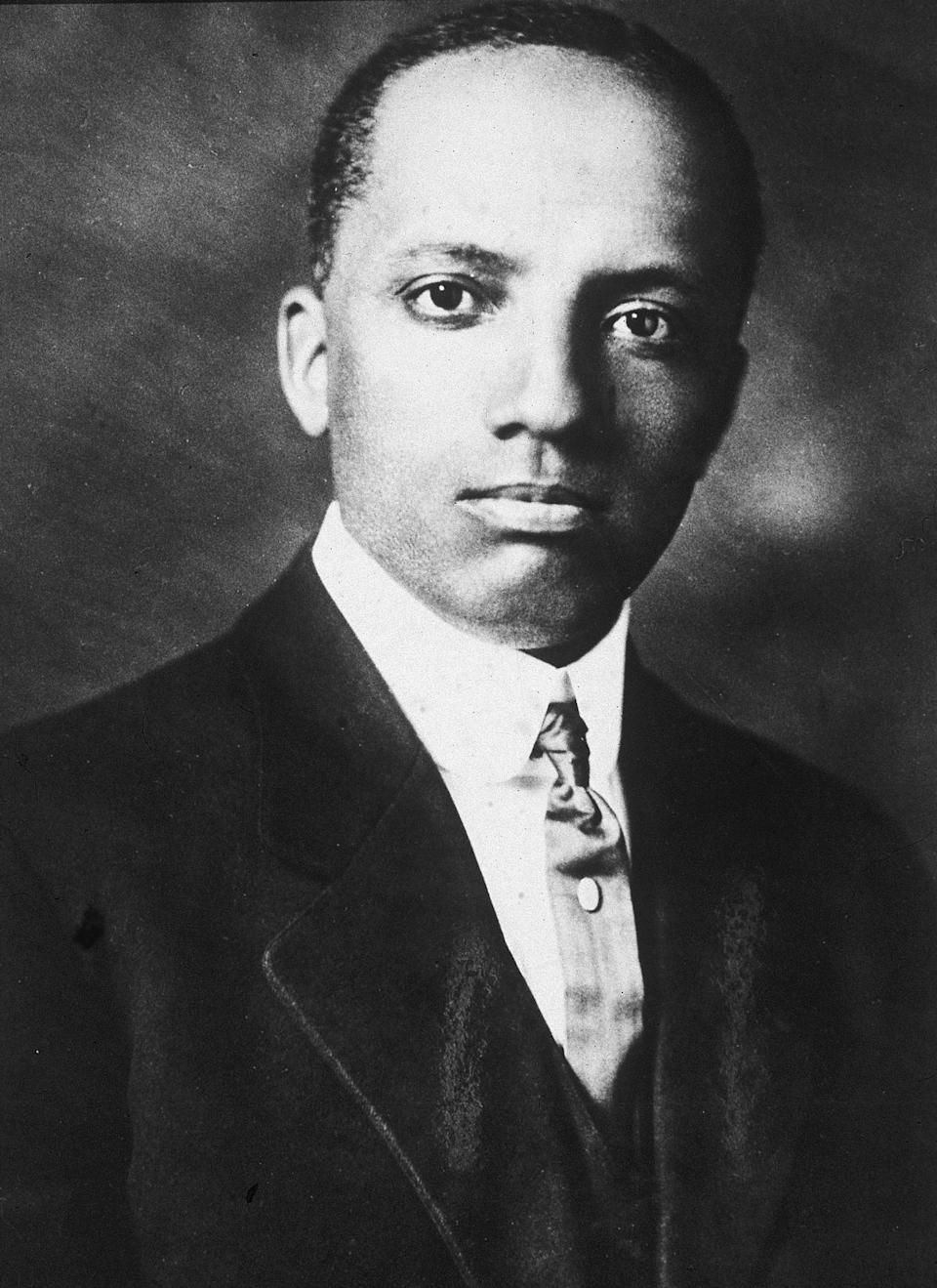Black History Month UK: why is it important and why is it celebrated in October?

October marks Black History Month, the annual commemoration of the history, achievements and contributions of Black people in the UK.
For the whole month of October, events celebrating African and Caribbean cultures and histories will take place around the UK.
Black History Month events include:
A Black Culture Market in Brixton, to encourage the public to support and shop from Black-owned businesses
A celebration event at the Thackray Museum of Medicine in Leeds
Drop-in sessions by family historian Paul Crooks at Battersea Library, where you have the opportunity to trace your African Caribbean heritage
A talk with Vanley Burke, “Godfather of Black British Photography” at the National Portrait Gallery (discuss his project The Making of Black Britain)
A food demonstration at City College in Plymouth
A show by young violinist Randall Goosby and pianist Zhu Wang, performing music from three Black composers at the Southbank Centre
Three days’ worth of food, crafts, dance and music at inilford Black History Month Food Fair
While the UK celebrates Black History Month in October, in the US where commemorations originated, it takes place throughout February.
So why do the US and the UK differ, and why is having a Black History Month in the UK so important?
Here is everything you need to know about Black History Month.
Who started Black History Month?

In the US, Black History Month was created by historian Carter G Woodson (1875-1950).â He wanted to challenge preconceptions at the time that “the negro has no history” and founded the Association for the Study of Negro Life and History in 1915, which encouraged scholars and historians to research and preserve black history and culture.
In February 1926, Woodson founded Negro History Week.
It was later decided that a week wasn't long enough and, against the backdrop of the civil rights movement and the Black Power movement, Black History Month was born in 1969.
After visiting America in the 1970s, Ghanaian-born Akyaaba Addai Sebo, a special projects officer at the Greater London Council, founded the UK's version of Black History Month in 1987.
Why is Black History Month celebrated in October in the UK and February in the US?
The US celebrates in February because the birthdays of former president Abraham Lincoln and abolitionist Frederick Douglass fall during that month.
There are two reasons thought to be behind why Black History Month is celebrated in October in the UK.
Traditionally, October is when African chiefs and leaders gather to settle their differences, so Akyaaba chose this month to reconnect with black people’s roots in the continent.
Additionally, many thought that since it was the beginning of the new academic year, October would give black children a sense of pride and identity.
Why is Black History Month important?
Black History Month means different things to everyone and pride in this month is expressed in a variety of different ways.

For many, Black History Month is a way of reflecting on the diverse histories of those of African and Caribbean descent, taking note of the achievements and contributions to the social, political, economic and cultural development of the UK.
Black History Month is not without its opponents. Some people argue that it is hard to teach Black history in one month and advocate trying to integrate it more deeply into the curriculum.
Actor Morgan Freeman has criticised Black History Month on numerous occasions, calling it "ridiculous".
"I don't want a Black History Month," he said, "Black history is American history."
What is the theme for Black History Month 2023?
This year, the theme is ‘Black History Month 2023: Celebrating our Sisters, Saluting our Sisters, and Honouring Matriarchs of Movements’.
The Black History Month organisers said: “Black women have been at the heart of social justice movements throughout history, courageously battling oppression and advocating for change.
“However, their accomplishments have frequently been neglected or forgotten. Black History Month 2023 offers a significant opportunity to acknowledge and celebrate the outstanding achievements of black women by focusing on honouring the matriarchs of movements and saluting our sisters.”
The group have also said they will be “exploring themes such as resilience, self-care, and well-being, underscoring the strength and determination of black women throughout history”.
They added: “It is time to celebrate their accomplishments and encourage future generations to take care of themselves and their communities.”
This year’s resource pack includes posters of black women who made history, including Mary Seacole, who studied the outbreak of cholera, journalist and activist Claudia Jones, British activist Olive Morris, British MP Diane Abbott, British human rights lawyer Jacqueline McKenzie and businesswoman Dame Sharon White.
Cherron Inko-Tariah, the editor of Black History Month magazine, said: “What we always try to do is to read the mood music of the year, of what we’re seeing and hearing, and then come up with a theme that people can get behind.”
How is Black History Month celebrated in the UK?
There will be celebrations and events taking up and down the country, including in London.
Organisers of Black History Month are hosting a national poetry competition and are offering an education pack to those who want to sign up to one. The poetry contest invites young people to express themselves creatively whilst discovering the diverse experiences, challenges, and victories of black women with more details available here.
To “celebrate our sisters” people are being encouraged to share their stories of inspirational black women with the hashtag #WEMATTER
Across the capital, you'll find everything from food festivals to music workshops to educational seminars and lectures.


